With climate change, soil degradation, and an ever-increasing population, experts are becoming more and more concerned that food scarcity is quickly approaching.
While scientists from around the world have been working to solve this potential crisis, it seems one teenager from New Jersey may have actually done it. High school senior Nandini Rastogi had an incredible breakthrough in gene editing that could ensure we always have plenty to eat.
Why Are Experts Worried About Food Scarcity?
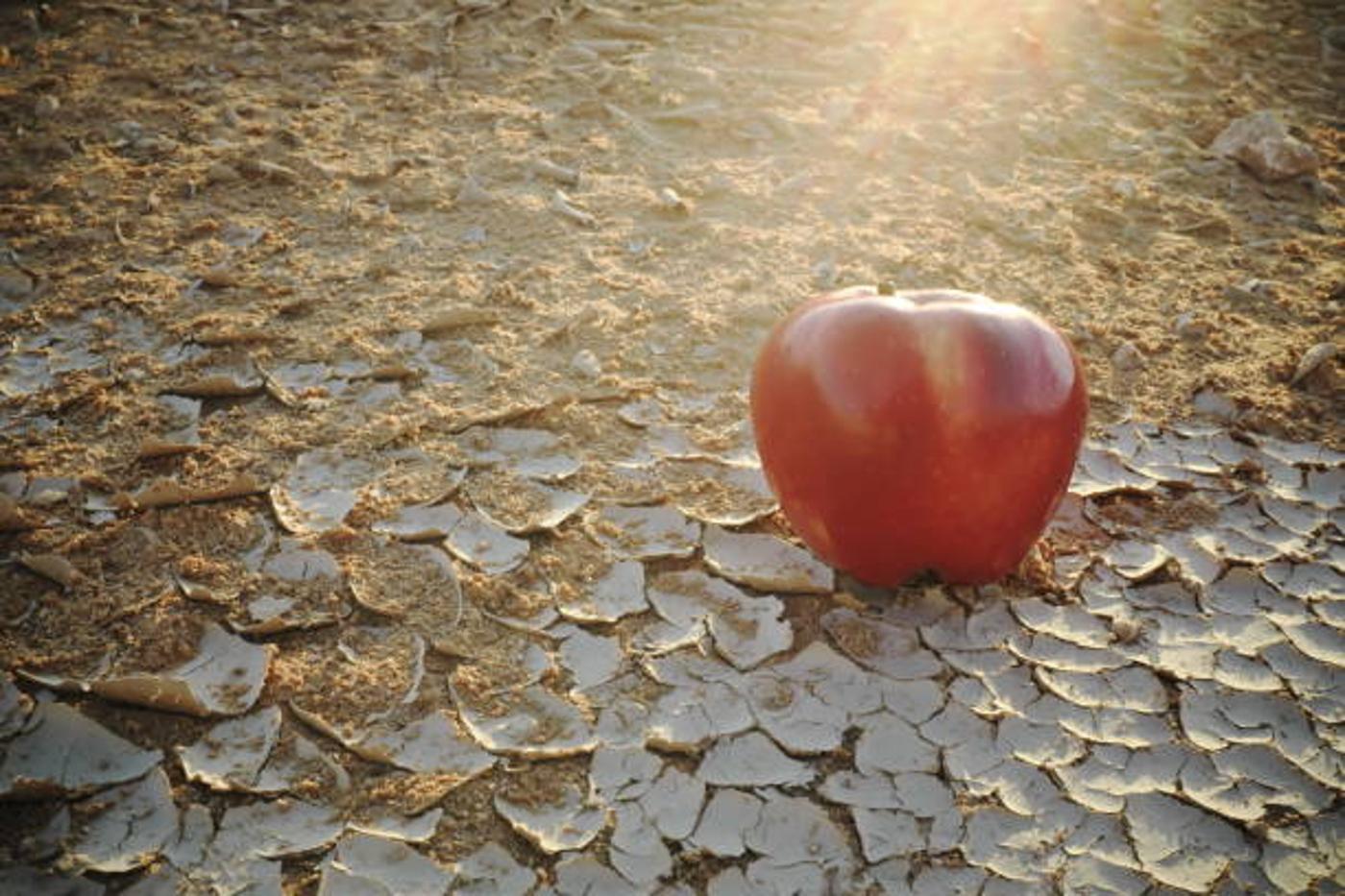
Walking into a grocery store and seeing the shelves stocked with every kind of food one could think of may make the idea of food scarcity seem ridiculous. However, most experts agree it is a genuine concern.
They believe the extreme weather, including wildfires, floods, droughts, and heat waves, caused by the changing climate will unquestionably lead to poor crop harvests in the coming years.
Soil Degradation Is Also a Growing Concern
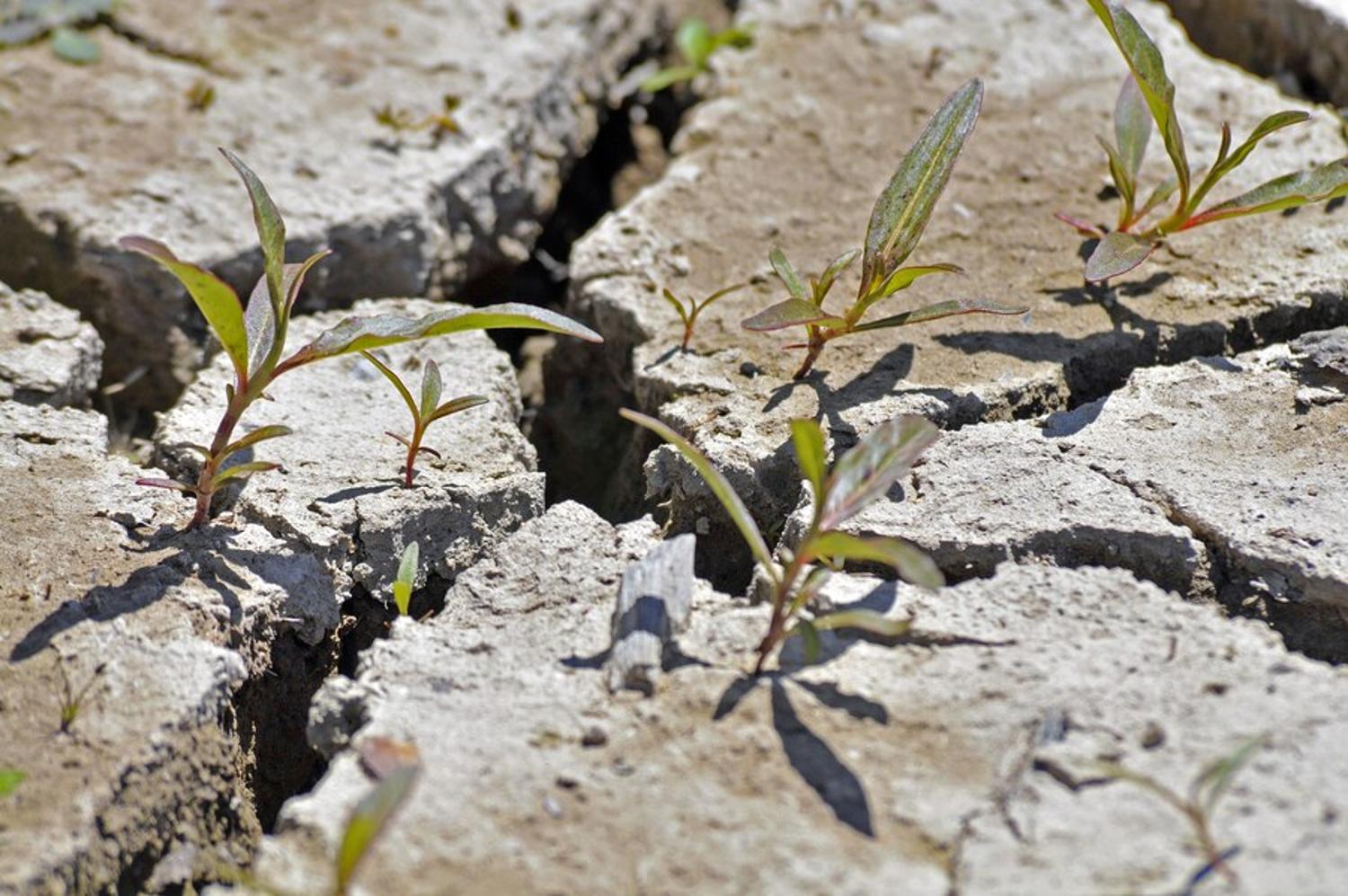
As the US Representative to the United Nations, Linda Thomas-Greenfield, explained, “The climate crisis is a crisis of natural disasters, of floods and storms and heat waves. But it also directly leads to a food security crisis. It makes it much harder to feed people.”
However, extreme weather is not the only problem facing the world’s food supply. Soil degradation, or the loss of nutrients within the soil, can and likely will lead to crop failure and even malnutrition in the very near future.
Solutions to the Food Security Problem
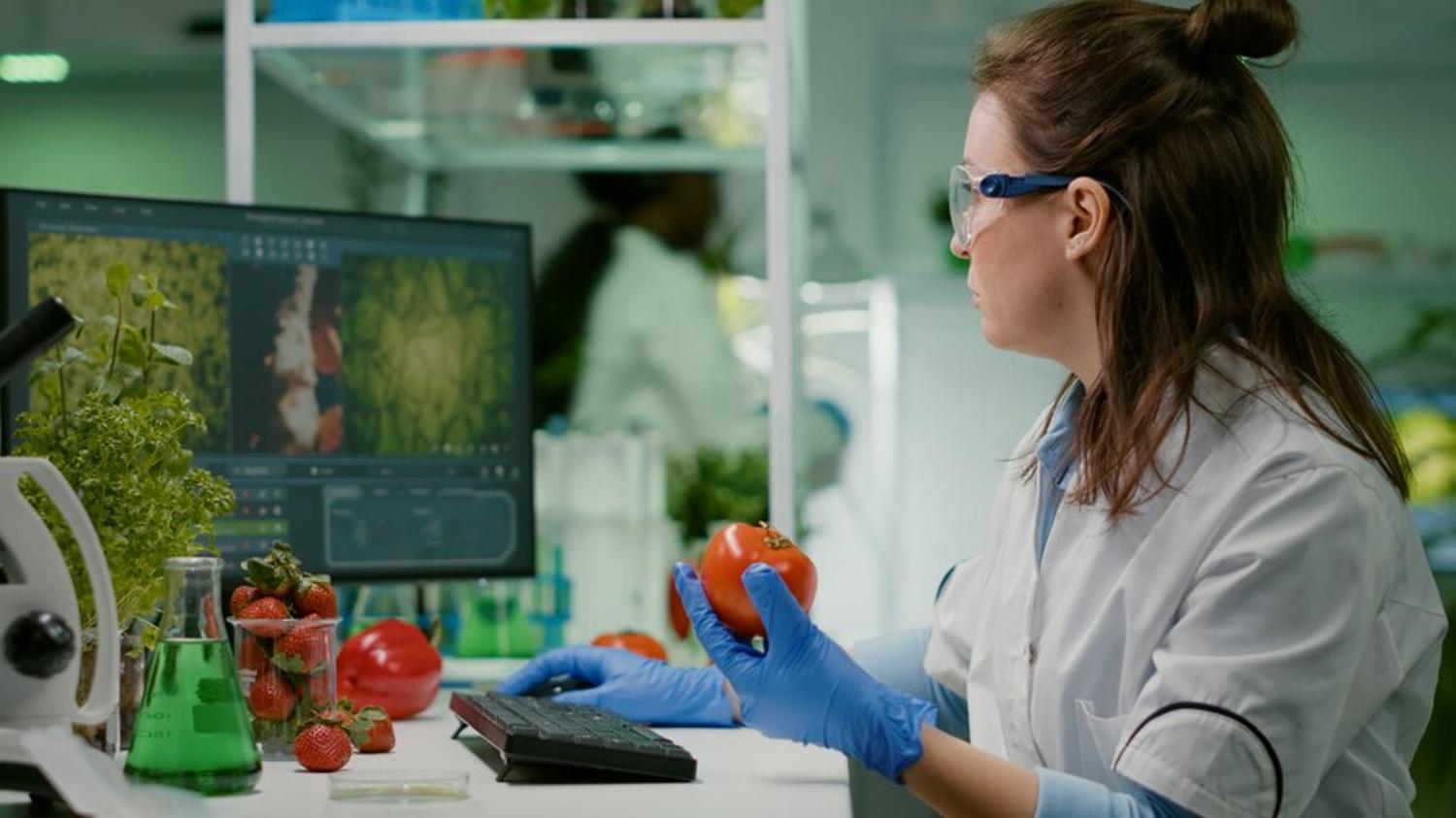
In response to these troubling realities, scientists have been working tirelessly to find viable solutions.
Of course, the fight against climate change, including the transition to sustainable energy sources, is crucial, but other, more immediately effective tactics are also being developed. One of which was created by a high school student in New Jersey.
Nandini Rastogi’s Incredible Breakthrough
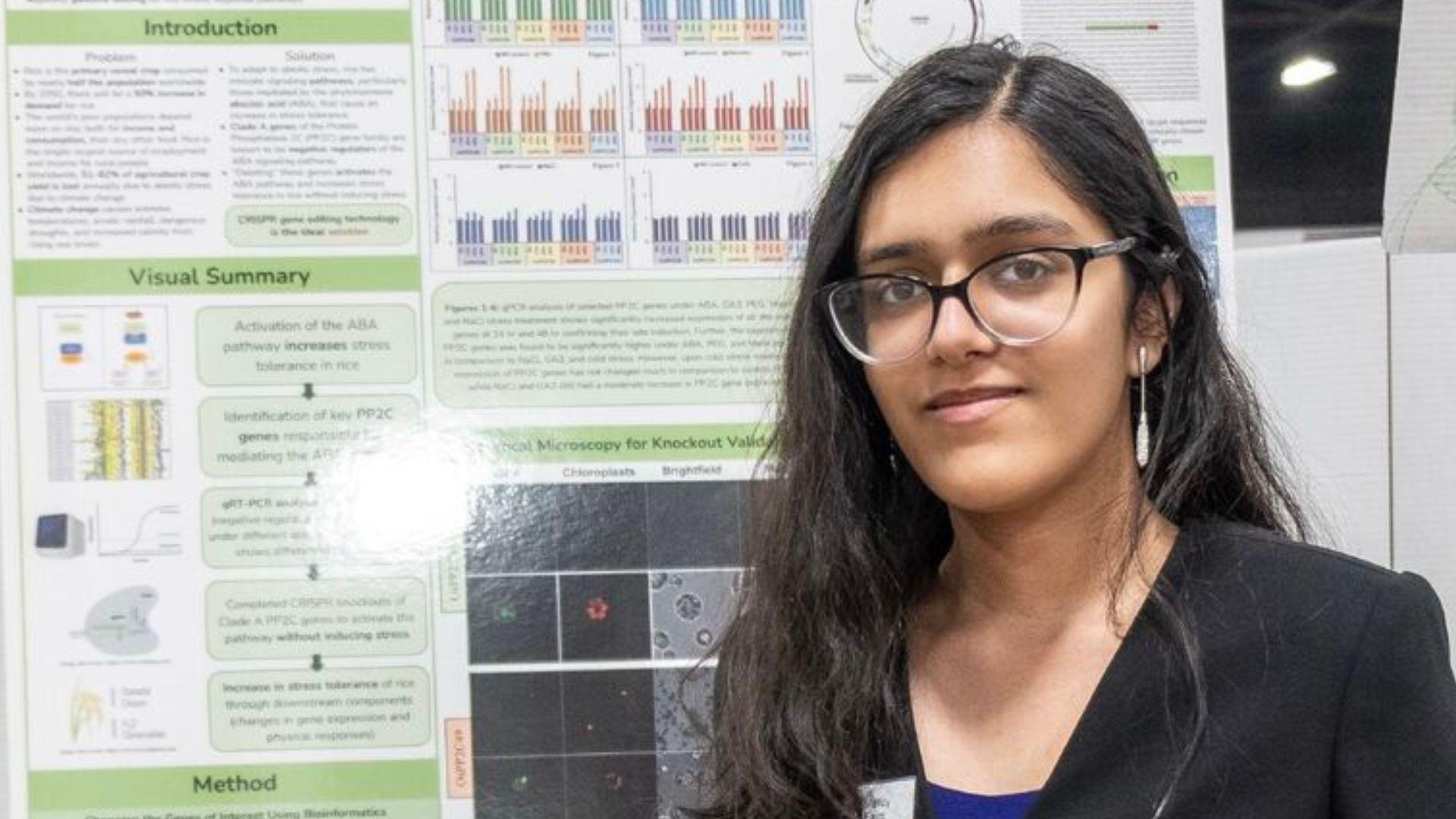
Nandini Rastogi is currently 18 years old and in her senior year of high school in New Jersey. As a young scientist, Rastogi decided to conduct an extensive study on gene editing, which she presented at the Regeneron International Science and Engineering Fair in May 2024.
In the study, Rastogi used the gene-editing tool CRISPR to analyze and adjust the growth-promoting properties in rice plants, and her data may change the world as we know it.
Inserting Growth-Promoting Properties in Rice Plants
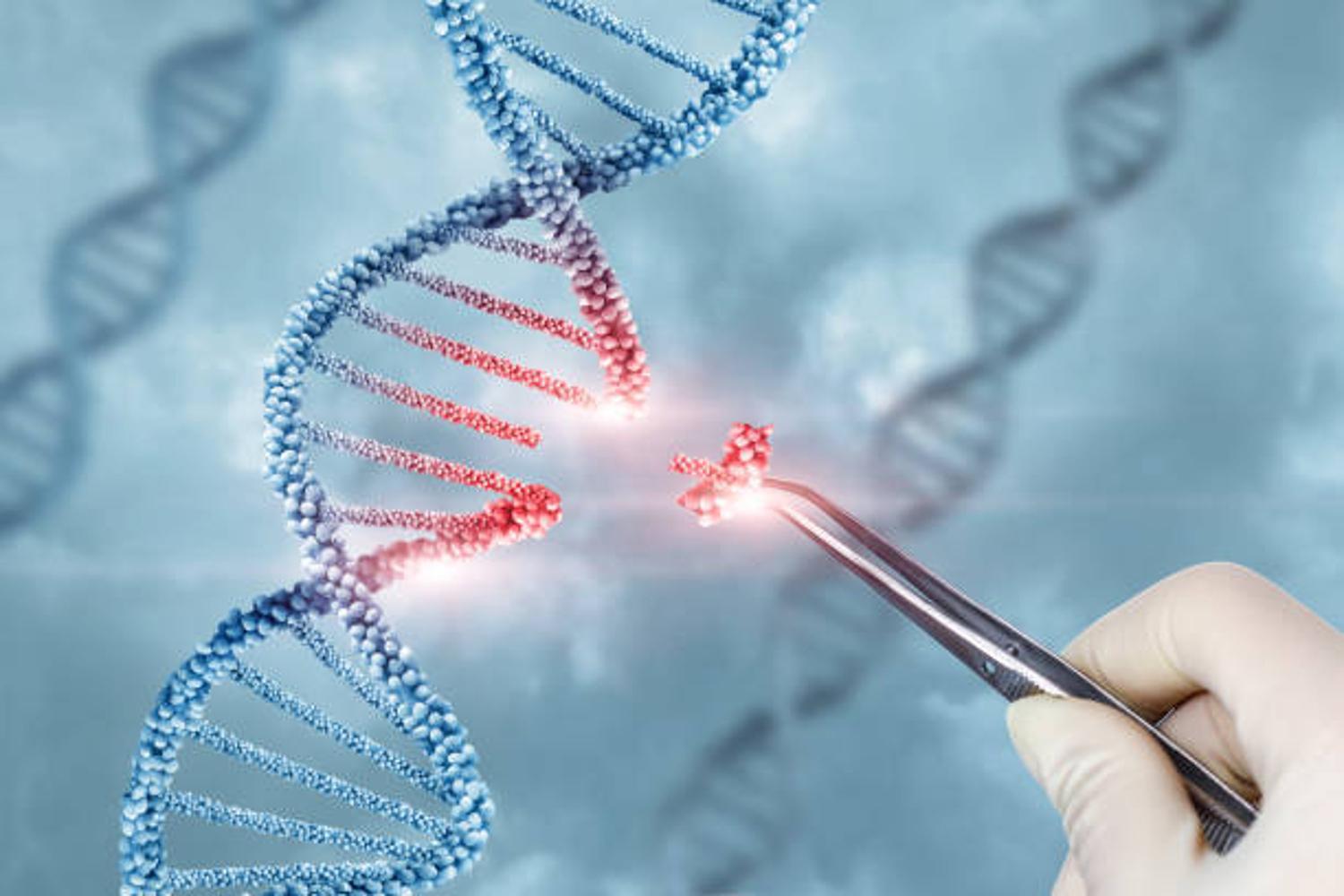
Rastogi used the CRISPR to edit the genetic makeup of a rice plant so that it could naturally and consistently elongate its roots, grow more quickly, and sustain itself during times of stress.
In other words, she was able to genetically modify the plant so that it could grow and even thrive in the worst possible conditions.
Plants Already Have the Ability to Improve Their Growth
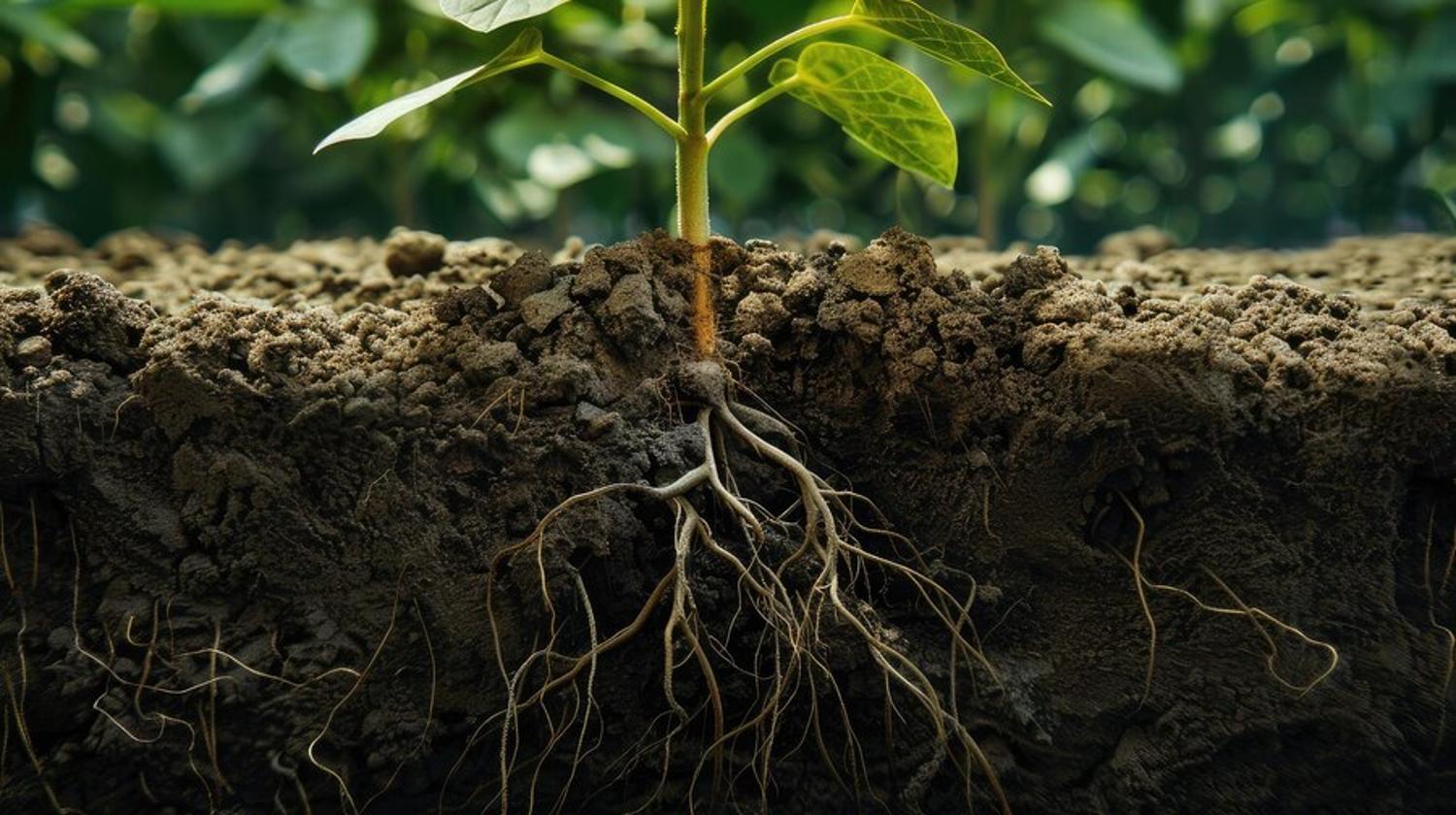
It’s important to understand that, biologically, plants already have the ability to change when their environment becomes stressful.
They can elongate their roots to search for more water, conserve water when they can’t find any, and even increase the size of their organs to handle temperature changes. But Rasgoti was able to alter the plant’s genes to ensure this stress response is essentially turned on at all times.
Rastogi Wasn’t Even Able to Use Real Plants for Her Experiment
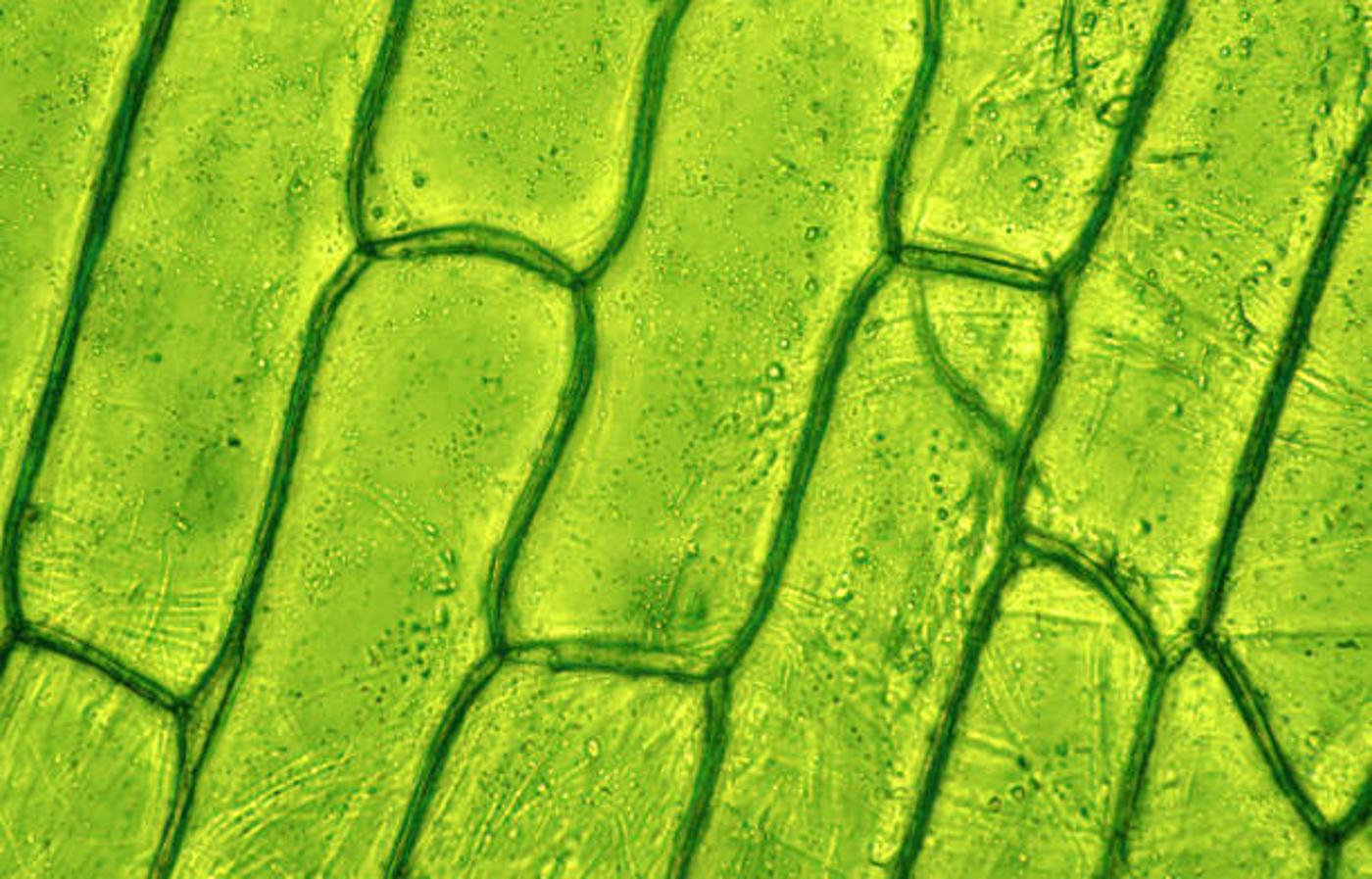
Because genetically modifying plants can be a dangerous business, Rastogi was unable to conduct her experience on real rice plants.
She explained, “Because of strict government regulations, I’m not actually allowed to perform gene edits on live plants.” So, instead, she edited cells that had been removed from the plants and observed them to see if her editing had ignited a constant stress response.
Edits on a Live Plant Will Work

As Rasgoti explained, “[the data] tells us that if we were to perform the edits on the live plant, there would be an increase in stress tolerance,” which could change the agricultural industry forever.
While Rasgoti’s work is both impressive and important, the young scientist is not the only one working on this project. Other researchers have simultaneously been using the CRISPR gene-editing tool and others like it to make several different crops more resilient.
Withstanding Extreme Weather Will Soon Be Necessary
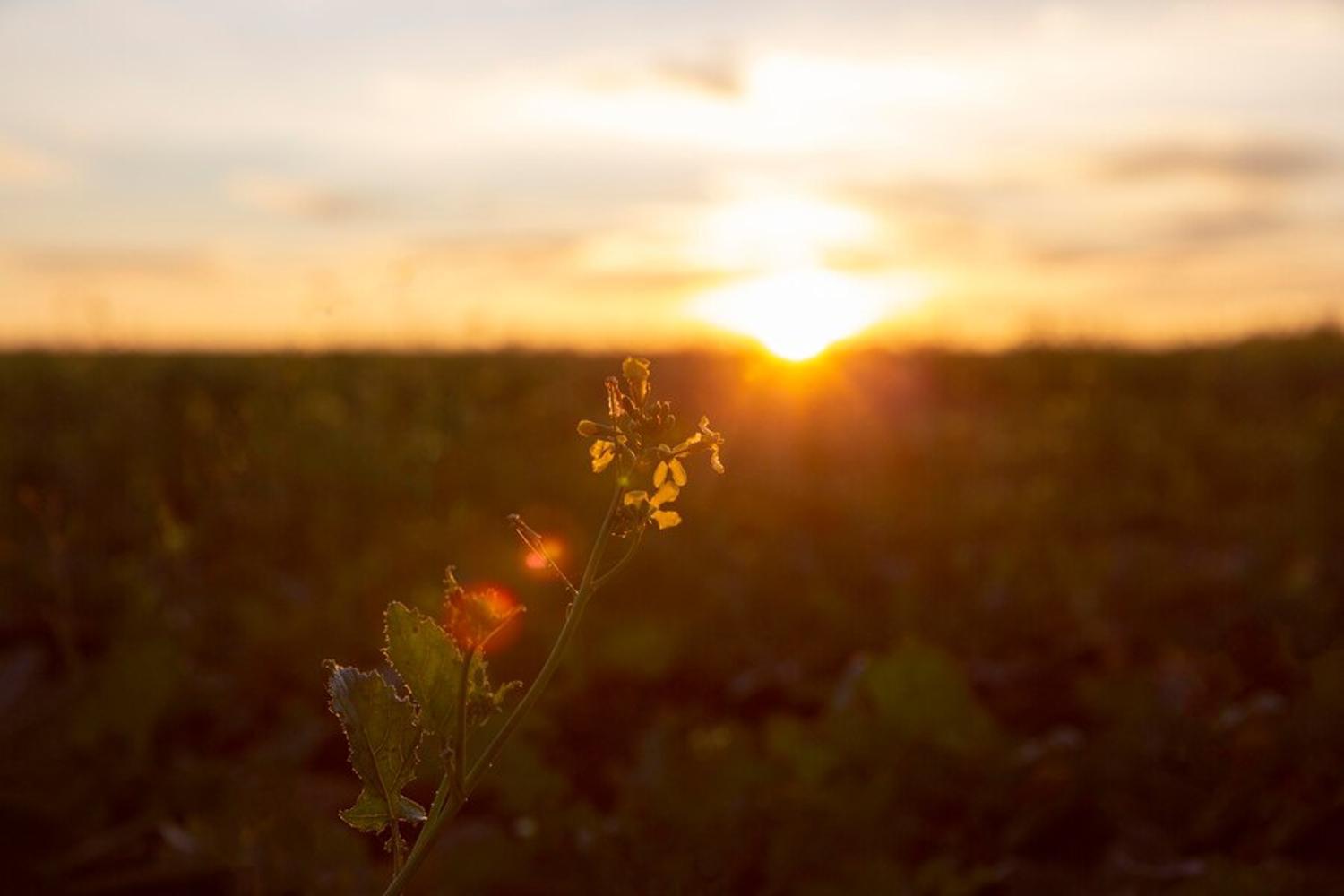
The truth is that finding ways to enable fruits and vegetables to grow in times of drought, frost, extreme heat, and flooding is not just an exciting experiment for scientists.
As the climate continues to change, and the adverse side effects only get worse, some say that if we cannot find ways to make our crops permanently resilient, we will quite literally run out of food.
The Dangers of Gene-Editing Crops
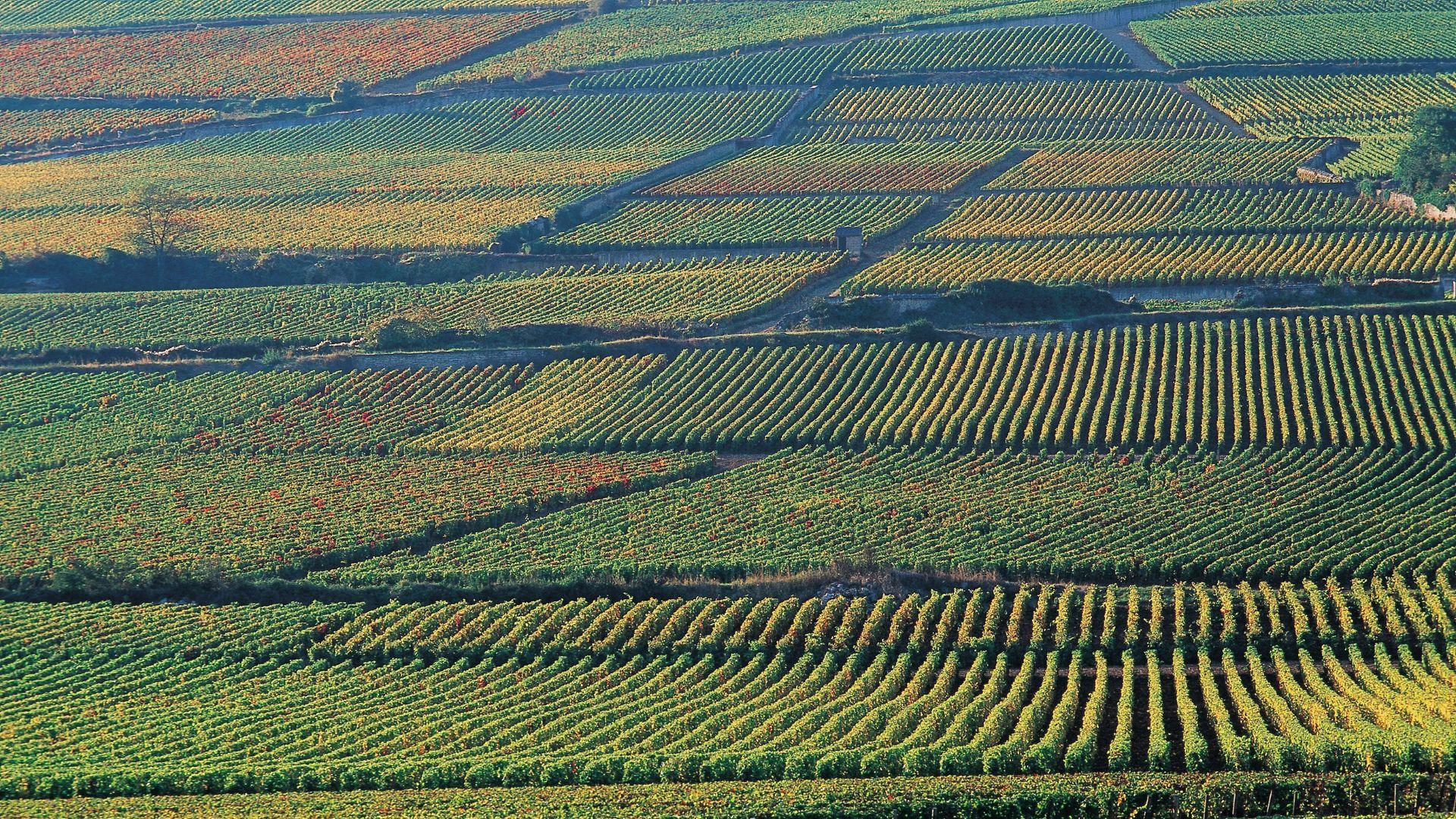
However, many others disagree with this course of action, claiming that gene-editing crops could be wildly dangerous for the planet and its billions of inhabitants.
According to one report, “genome editing can create a range of changes to the genome in plants that pose risks to biodiversity, water and soil, human health, and organic food production. Some are concerned that such crops could outcompete natural species and create broad monocultures, which could wreak havoc on ecosystems.”
Gene-Editing Is Not Going to Save the Planet

Even if more research is conducted and scientists decide that gene editing is safe and utilize this technology to ensure food security, it’s really just a temporary solution.
If humans do not change their habits and energy sources, the climate will continue to deteriorate at an alarming rate. In fact, if we don’t vehemently fight climate change, growing crops, even genetically modified ones, will soon become downright impossible.








































